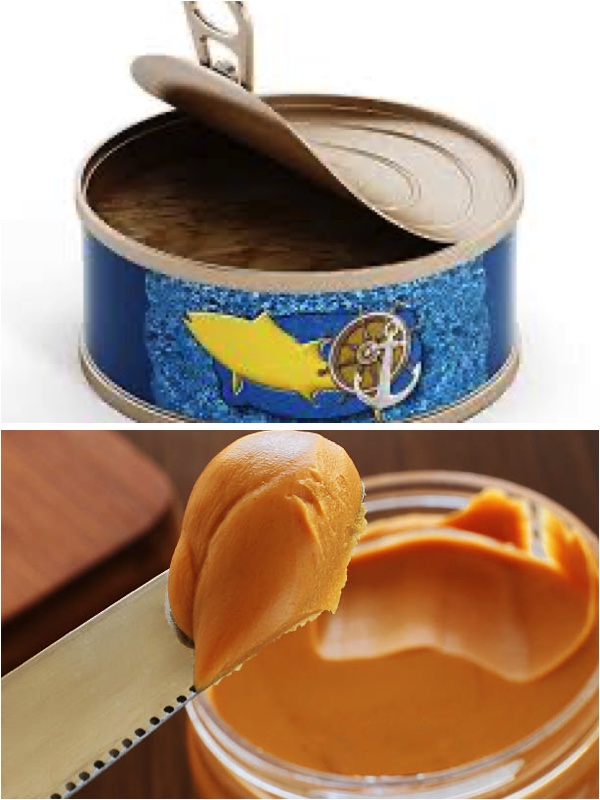Shakespeare’s King Lear famously said, “Nothing will come of nothing,” which seems a fairly obvious statement.
In the play, Lear demands extravagant displays of love from his daughters, particularly from his youngest and most beloved daughter, Cordelia. He believes that without outward expressions of affection, there can be no genuine love or worth, and thus, no inheritance for Cordelia.
This foolish belief leads to his downfall.
However, Lear was right when he said, “Nothing will come of nothing. Absent purpose, effort, and action, little will happen by way of progress or change. You can expect results without putting in the world.
Yet the world also seems filled with people these days who aren’t doing much but expecting a lot.
People who seem unwilling to make painful and difficult sacrifices to build a better future.
Then I stumbled across someone who proved me wrong.
Last week, I stopped at a rest area on the Mass Pike on the way home from Boston. It was late, but the man behind the counter was moving fast and was exceedingly friendly, so I said, “You’re moving around here like you just started your day.”
“Nope,” he said. “This is my second job. I’m working 16-hour days.”
“Ouch,” I said. “I’m sorry.”
I explained that I’ve also worked two full-time jobs in my life — more than once — and it was never pleasant.
“Don’t be sorry,” he said. “I choose this. And it’s not forever. I’m just piling up money to start my own business. In two years, I’ll be good to go. Less if I start working on the weekends, too. And I just might.”
“What’s the business?” I asked.
“Vending machines,” he said. “If I keep working like this, I’ll save at least $100,000 in two years, and that’ll buy my ten or twelve high-end machines. Each one will make about $10,000 per year in profit, which means after one year, they’ll be paid off and everything will be profit.”
He went on to explain other aspects of the vending machine business, including the importance of identifying ideal locations, which he is currently doing, and how little time needs to be invested in them once they are operational.
I know someone in the vending machine business, and he’s right. It’s an easy way to make money if you can make the initial investment and find high-traffic locations.
I instantly loved this guy. I wished him the best of luck and told him how much I admired his work ethic.
“I got no choice,” he said. “I’ve been on my own since I was 18. If I don’t make something for me, no one else will.”
As someone who has also been on his own since I was 18, I loved this guy even more. A part of me wanted to ask him to exchange contact information so we could stay in touch and become friends. But he lives about two hours from me and clearly has no time for new friends right now.
I also think it might have been weird to ask him for his phone number, because I wanted to be his friend.
So instead, I completed my purchase, wished him luck one more time, and went on my way, feeling a little bit better about the world and our future.
I don’t wish 16-hour days on anyone. They are brutal, regardless of the work you’re doing.
I don’t wish anyone to be on their own at the age of 18. It’s scary, sad, and lonely. Living without a safety net of any kind at such a young age is terrifying.
But if you want a bright future, you take what the world gives you and fight like hell for your piece of it.
That rest area clerk — whose name I sadly do not know — understands this. He’s fighting for his future. Making enormous sacrifices to guarantee himself better days. Working like hell so that somewhere down the road, he won’t need to work nearly as hard anymore.
He’s building his own safety net. Maybe building a safety net for future generations, too.
I loved that guy. He’s one of the most impressive people I’ve met in a long time. I’m rooting for him.
He was also a good reminder for me:
I often see and hear from people who are unwilling to do hard things. I see them in my life, and I see and hear about them from others and in the media. I hear about them from businesspeople — clients and friends — who struggle to find quality employees to staff positions at the workplace. People seem to be caught in a troubling paradox:
A diminishing willingness to put in sustained, difficult work paired with an inflated sense of entitlement to success and reward. There’s a growing expectation that fulfillment, wealth, and recognition should come quickly and with minimal sacrifice—fueled, perhaps, by curated online lifestyles and instant gratification culture.
But maybe that’s not as true as I once thought.
I don’t hear nearly enough about people like the rest area clerk, but maybe that’s because they’re too busy getting things done to complain about their lot in life. Perhaps they are working and hustling and so busy making a future for themselves that they are flying below the radar, quietly changing their lives and the world for the better.
Maybe there are more of these remarkable people that I realize.
I really hope so.










